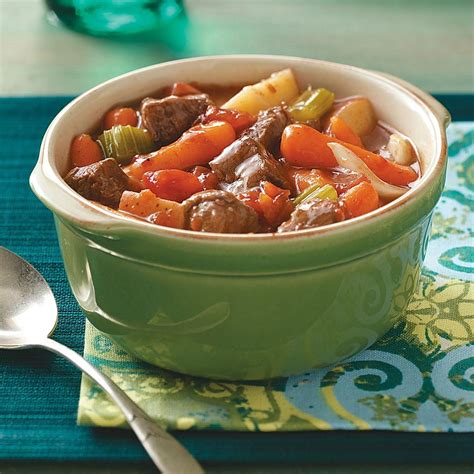The Ultimate Guide to Delicious Stew Meat Recipes
Are you ready to dive into the world of hearty and flavorful stew meat recipes? Whether you're a seasoned chef or a kitchen novice, this guide will equip you with the knowledge and inspiration to create the perfect stew every time. We'll cover everything from selecting the best cut of meat to mastering the art of creating rich, flavorful broth. Get ready to impress your family and friends with your newfound stew-making expertise!
Choosing the Right Cut of Meat: The Foundation of a Great Stew
The key to a truly exceptional stew lies in selecting the right cut of meat. Stew meat, by nature, benefits from longer cooking times, allowing the tougher muscle fibers to break down and become incredibly tender. Look for cuts like:
- Chuck Roast: A classic choice, known for its rich flavor and excellent tenderness after braising.
- Beef Shank: Another excellent option, offering deep flavor and a melt-in-your-mouth texture.
- Short Ribs: These are a splurge-worthy option, resulting in incredibly tender and flavorful stew. However, they can be more expensive.
- Oxtail: Provides a robust, rich flavor and is perfect for a hearty, traditional stew.
Pro Tip: Avoid cuts that are already tender, like sirloin or tenderloin. These cuts will become tough and dry when simmered for extended periods.
Building Flavor: Essential Ingredients and Techniques
Beyond the meat, the success of your stew hinges on creating a flavorful broth. Here's how to elevate your stew game:
The Power of Aromatics:
- Onions: A fundamental building block of flavor, providing sweetness and depth.
- Garlic: Adds a pungent, savory note that complements the beef perfectly.
- Carrots & Celery: These classic mirepoix vegetables contribute subtle sweetness and earthy notes.
- Bay Leaves: A touch of bay leaf adds warmth and complexity.
- Thyme & Rosemary: These herbs are excellent choices for infusing a savory, herbaceous aroma.
Mastering the Browning Technique:
Browning the meat before simmering is crucial for developing deep, rich flavor. This process creates a complex Maillard reaction, resulting in caramelized sugars and savory notes. Sear the meat in batches over medium-high heat until nicely browned on all sides.
Slow and Steady Wins the Race: Simmering for Perfection
Stew meat requires low and slow cooking to break down the tough connective tissues. Once the meat is browned, add your aromatics, broth, and any other desired vegetables. Bring to a simmer, then reduce heat to low, cover, and cook until the meat is incredibly tender, usually 2-3 hours or longer, depending on the cut.
Beyond the Basics: Exploring Diverse Stew Meat Recipes
The beauty of stew meat is its versatility. Experiment with different flavor profiles to create unique and delicious stews:
- Classic Beef Stew: A timeless recipe, featuring potatoes, carrots, celery, and onions in a rich beef broth.
- Beef Bourguignon: A French classic, with red wine, mushrooms, bacon, and pearl onions.
- Irish Stew: A hearty stew with lamb or beef, potatoes, and root vegetables.
- Chili: A spicy stew, typically featuring beans, tomatoes, and chili powder.
Serving Suggestions and Storage
Serve your delicious stew hot, accompanied by crusty bread for dipping. Leftovers can be stored in the refrigerator for up to 3 days and are even more flavorful the next day! You can also freeze stew for longer storage.
Conclusion: Embark on Your Stew Meat Culinary Adventure!
With the right techniques and a little creativity, you can create truly exceptional stew meat recipes. Experiment with different ingredients, explore various flavor profiles, and most importantly, have fun! Happy cooking!
